Washington Becomes 42nd State
On November 11, 1889, Washington was admitted to the Union. Ever since, it has stood at the forefront of exploration, commerce, and progress in the American West.
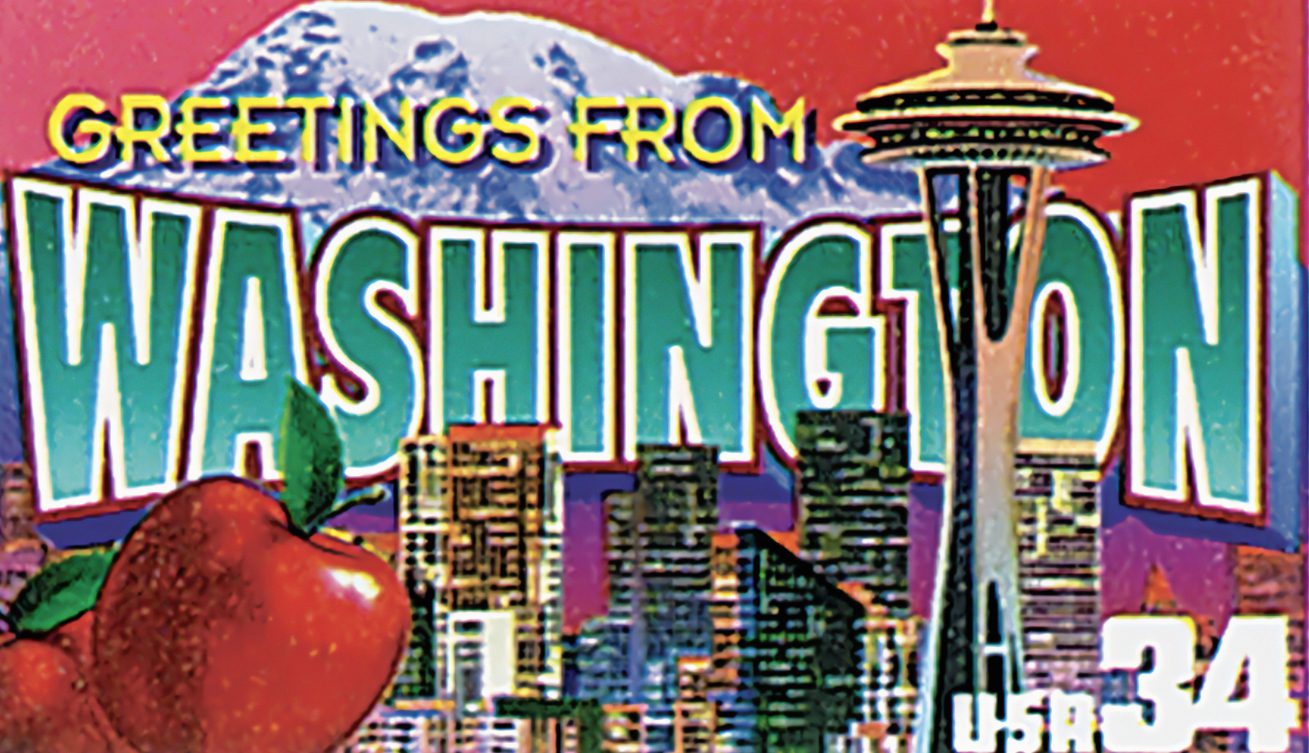
On November 11, 1889, Washington was admitted to the Union. Ever since, it has stood at the forefront of exploration, commerce, and progress in the American West.
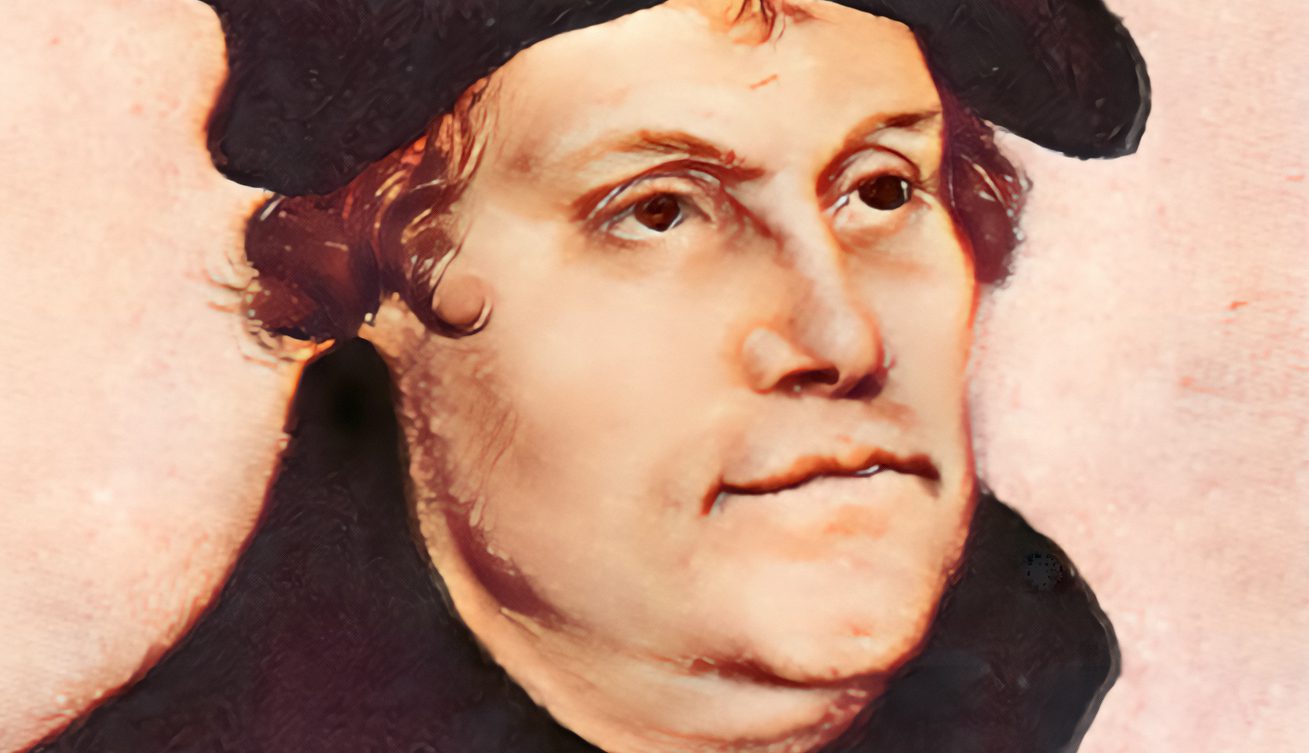
Martin Luther was born on November 10, 1483, in Eisleben, Germany. He would grow up to challenge one of the most powerful institutions in the world—the Roman Catholic Church—and ignite the Protestant Reformation, a movement that forever changed Christianity and European society.
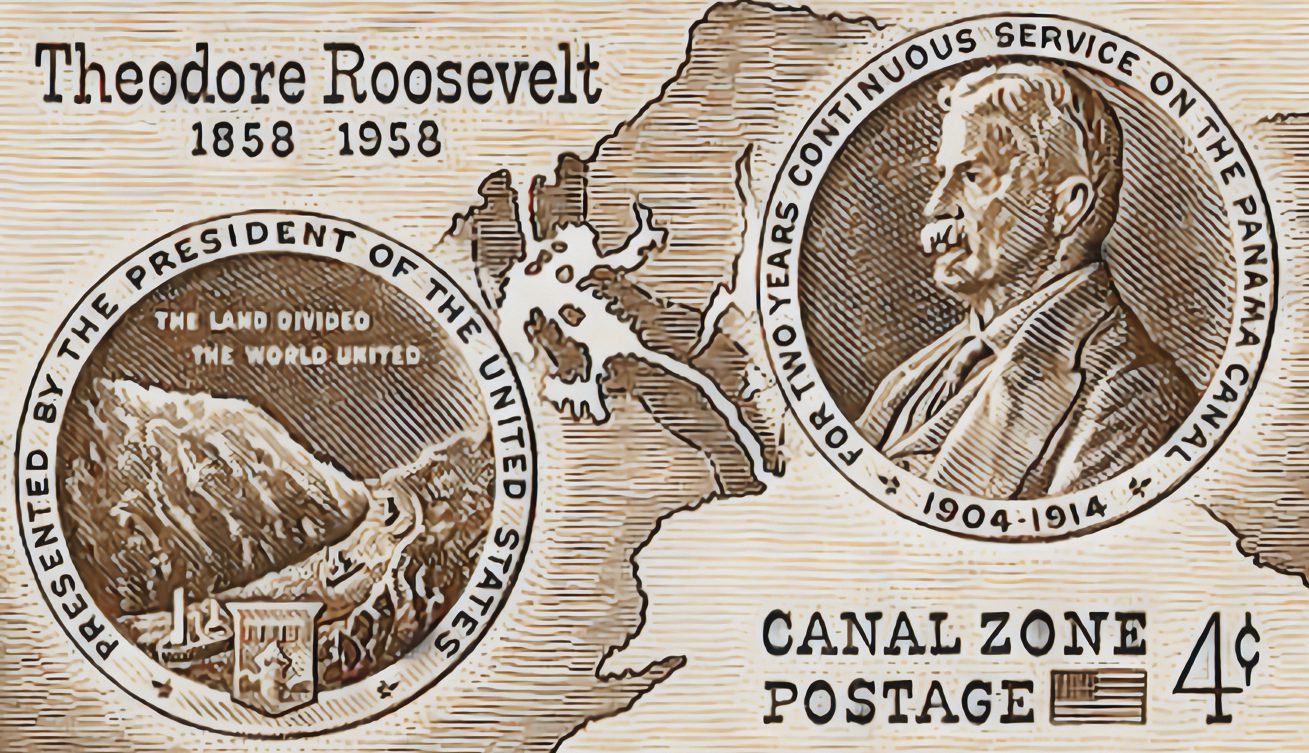
On November 9, 1906, President Theodore Roosevelt made history when he visited the Panama Canal Zone—becoming the first sitting US president ever to travel outside the country while in office. His trip symbolized not only his hands-on leadership style but also America’s growing role as a global power in the early 20th century.
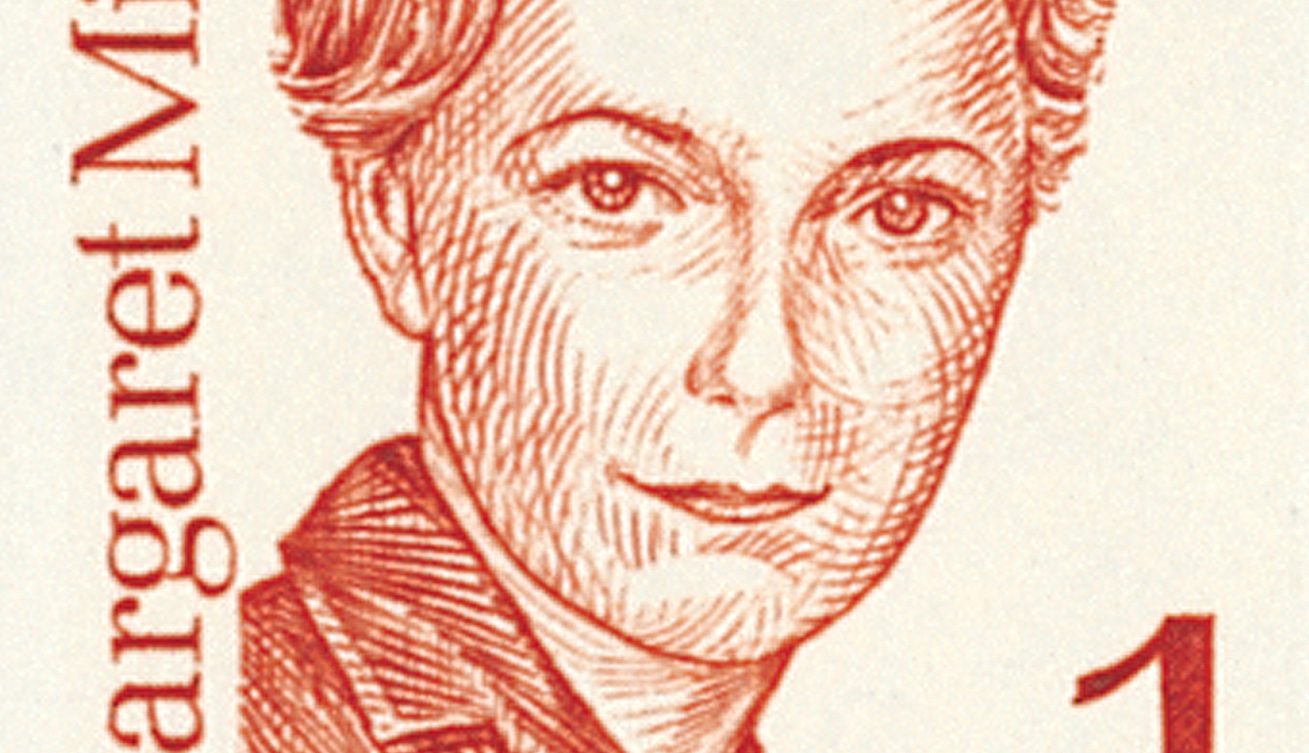
On November 8, 1900, future novelist Margaret Munnerlyn Mitchell was born in Atlanta, Georgia. Decades later, she would capture the world’s imagination with her sweeping Civil War epic Gone With the Wind.

On November 7, 1944, Franklin D. Roosevelt made history as the first—and only—US president elected to a fourth term. His remarkable political career reshaped both the country’s government and its role in the world.
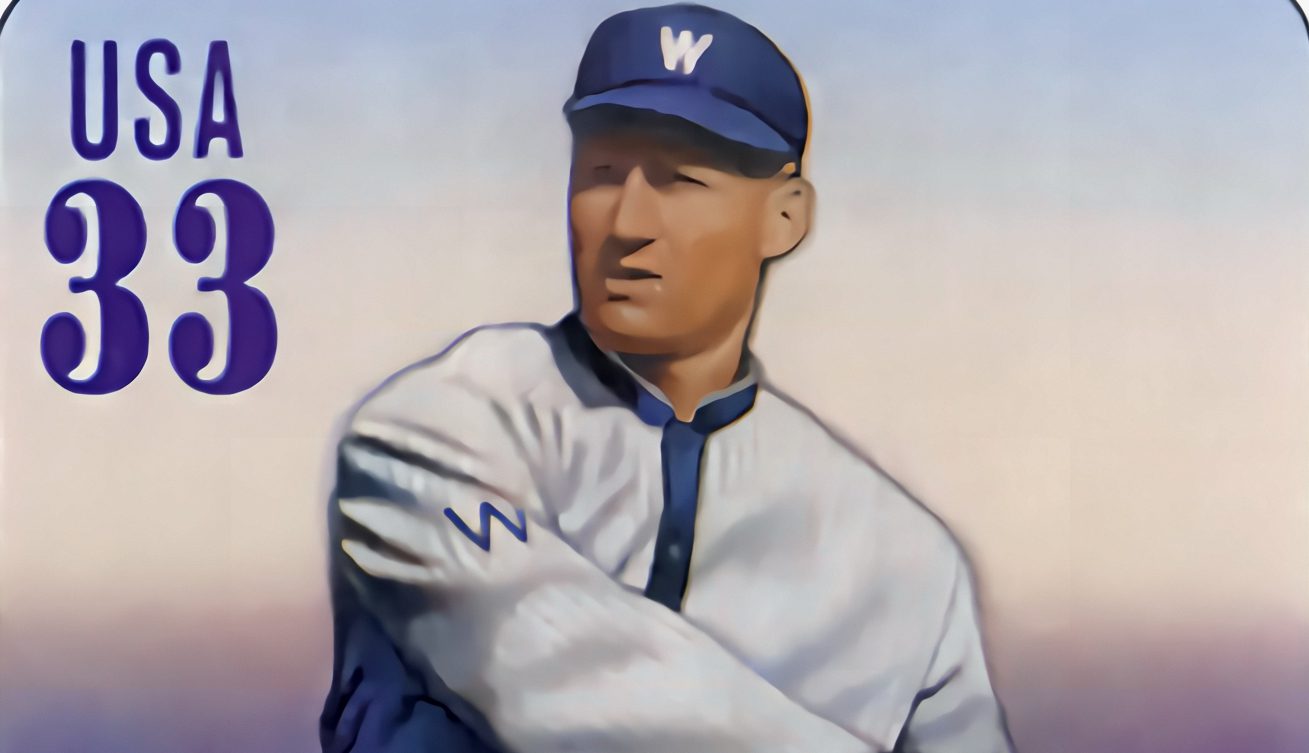
Baseball pitcher Walter “The Big Train” Johnson was born on November 6, 1887, in Humboldt, Kansas. Today, he is remembered not only as one of the greatest pitchers in baseball history but also as a model of sportsmanship and character—an enduring symbol of the game’s early golden age.
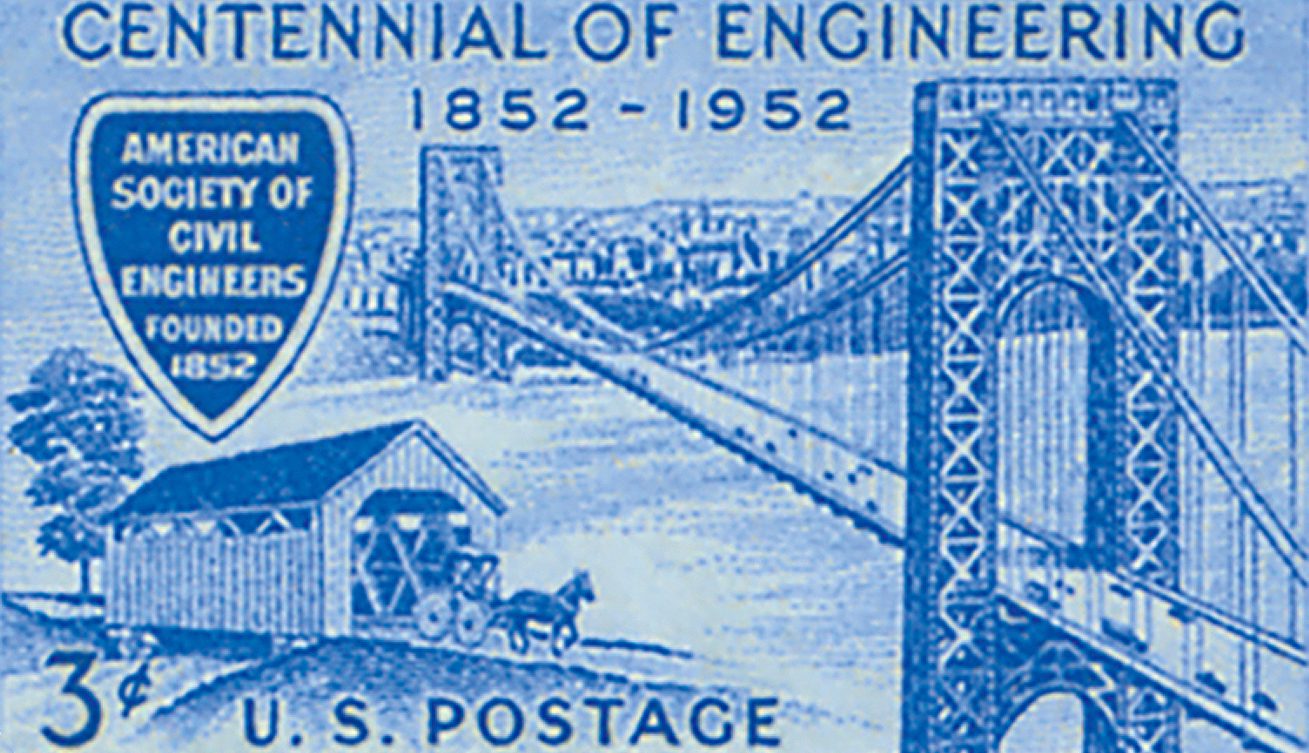
On November 5, 1852, the American Society of Civil Engineers (ASCE) was founded in New York City. It became the first national engineering society in the United States and remains one of the world’s most respected professional engineering organizations today.
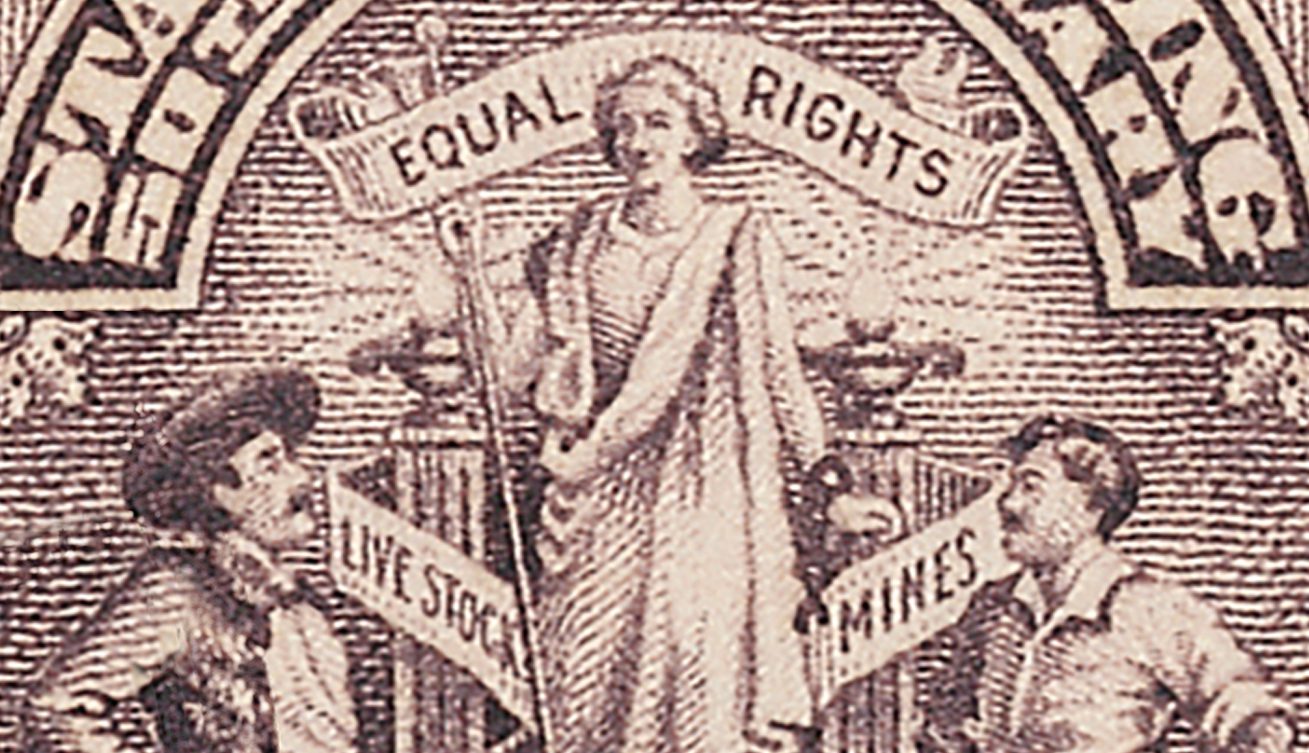
On November 4, 1924, Wyoming once again lived up to its nickname, “The Equality State,” when voters elected Nellie Tayloe Ross as the first female governor in American history. Her election was another milestone in Wyoming’s long record of advancing women’s rights and political equality.
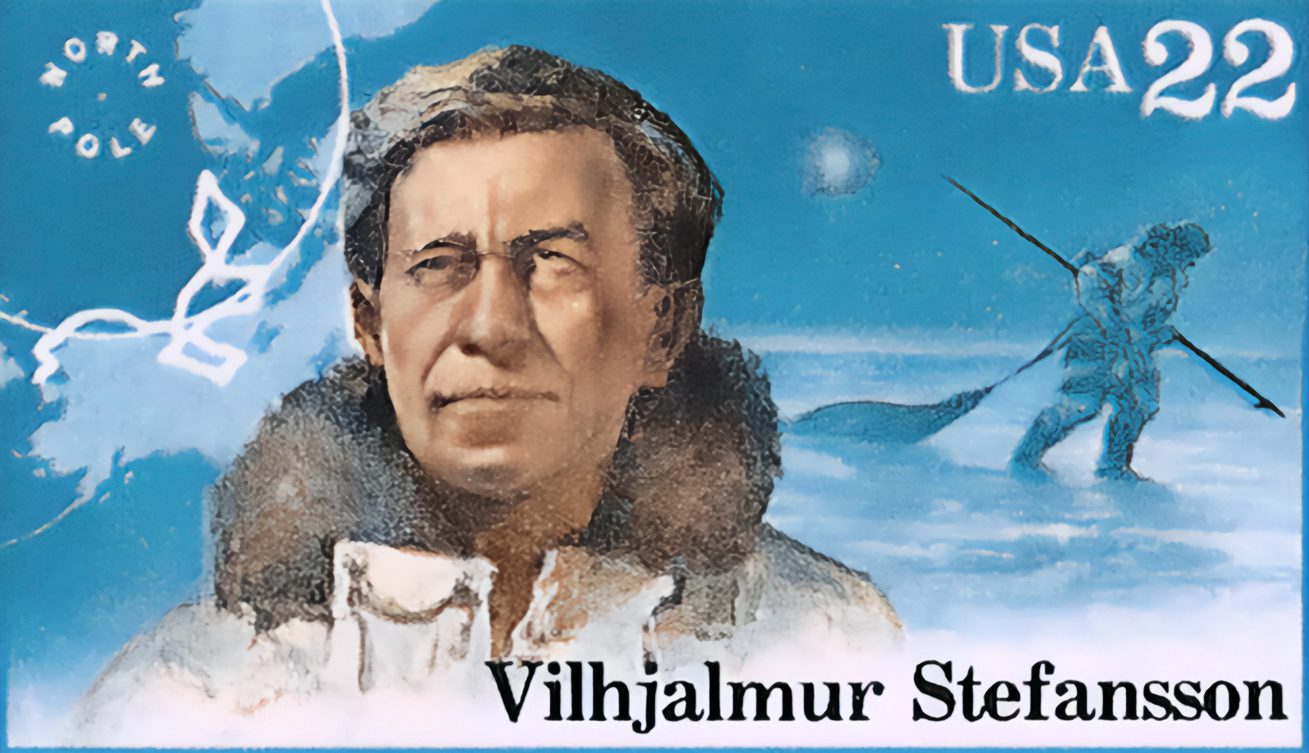
On November 3, 1879, Arctic explorer Vilhjalmur Stefansson was born in Manitoba, Canada. Over the course of his life, he became one of the most influential and controversial figures in Arctic exploration—celebrated for his discoveries and criticized for the tragic misfortunes that accompanied some of his expeditions.